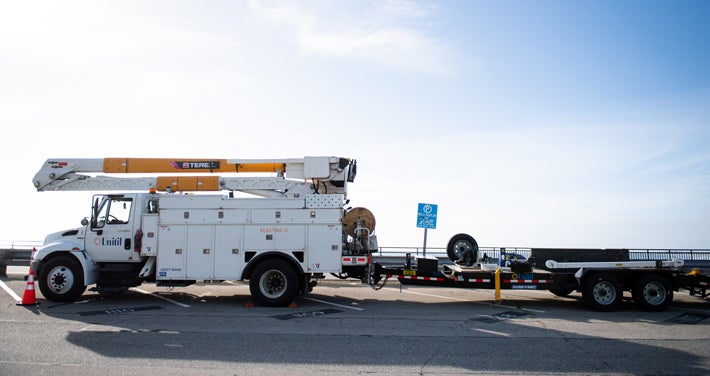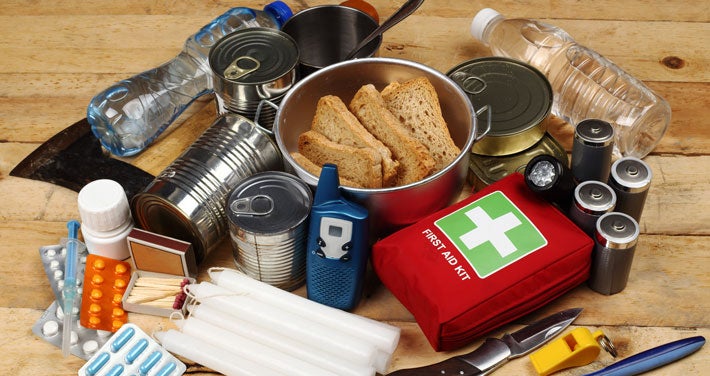Emergencies and natural disasters can happen at any time, often when we least expect it. Being prepared for these unfortunate events is the best way to protect your home and keep your family safe.
The Ready Campaign, launched in 2003, is a national public service initiative designed to promote preparedness in the face of natural and man-made disasters. Ready.gov provides a number of resources for Americans to stay informed, formulate an emergency plan, and build an emergency kit. Read on to learn more about the ways in which you can set yourself up for success.
Stay Connected
From opting into local and municipal email or text alerts to downloading apps sponsored by FEMA and the Red Cross, staying informed can make all the difference in knowing when to take action.
- Wireless Emergency Alerts (WEAs) sent by state and local public safety officials and the National Weather Service look like text messages but are designed to get your attention with unique tones and vibrations. There is no charge for receiving WEAs and you don’t have to subscribe.
- Because cell phones rely on networks and electricity, they can be unreliable in an emergency. Be sure to make a paper list of important phone numbers for each member of your household that includes phone numbers of extended family, neighbors, medical professionals, caregivers, and anyone else you may need to get in touch with.
- Store at least one family contact under “In Case of Emergency” or “ICE” on each family member’s mobile device to aid first responders in identifying emergency contacts if needed.
Plan Ahead
Disaster can strike without warning, so it’s important to establish some ground rules in case you aren’t able to communicate during an emergency event. This can include how to get in touch with each other, where to meet if your neighborhood is evacuated, and how to get out of your house in the event of a fire.
- Reassess your disaster plan at least once a year, as a change in circumstances (for example, a new pet or the decreased mobility of an elderly family member) can significantly impact even the most well-thought-out plans.
- It’s a good idea to identify public shelters in your area before the need arises, which you can do by texting SHELTER and your zip code to 43362. Note that many shelters do not allow domestic animals – if you have pets, identify pet-friendly shelters in advance or make arrangements for their care with a friend or family member.
- If you have children in school, find out what the protocol is for daytime emergencies.
Unitil customers who use life support equipment powered by electricity are encouraged to file a medical alert form so our employees are aware that someone in your household has special medical needs.
Stock Up
Take the time to re-evaluate your emergency kit once a year – it’s a great way to observe Emergency Preparedness Month and to ensure that your household’s changing needs will be met. You’ll also want to replace any expired medications or out-of-date nonperishable food items.
- A basic emergency kit should include three days’ worth of essentials for each family member, including food, water, medications, tools, sanitation, and first aid supplies.
- Stock up on nonperishables when they’re easily available. Even if supermarkets and pharmacies are open, supply chain issues can affect the availability of some items.
- Keep a small amount of cash on hand in the event that a power outage renders point-of-machines and ATMs unusable.
Key Takeaways
- Be sure all members of your household know what your emergency kit looks like and where to find it, especially if it’s packed in more than one container.
- Consider financial preparedness by setting up an emergency fund and locating important documents – such as insurance policies – ahead of time.
- Beware of scams that target vulnerable populations in times of trouble. The government will not text you or contact you via social media about receiving economic impact payments.




